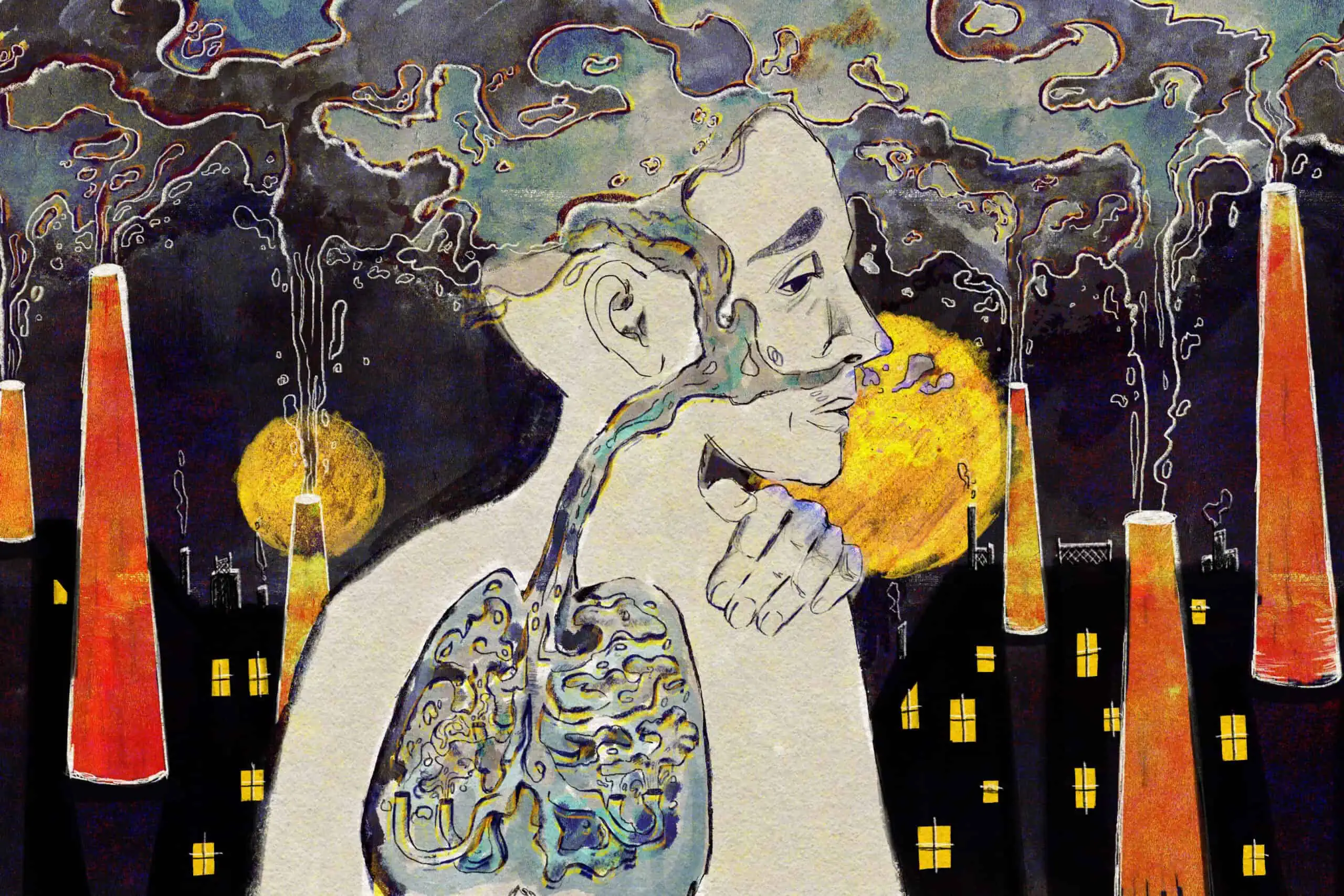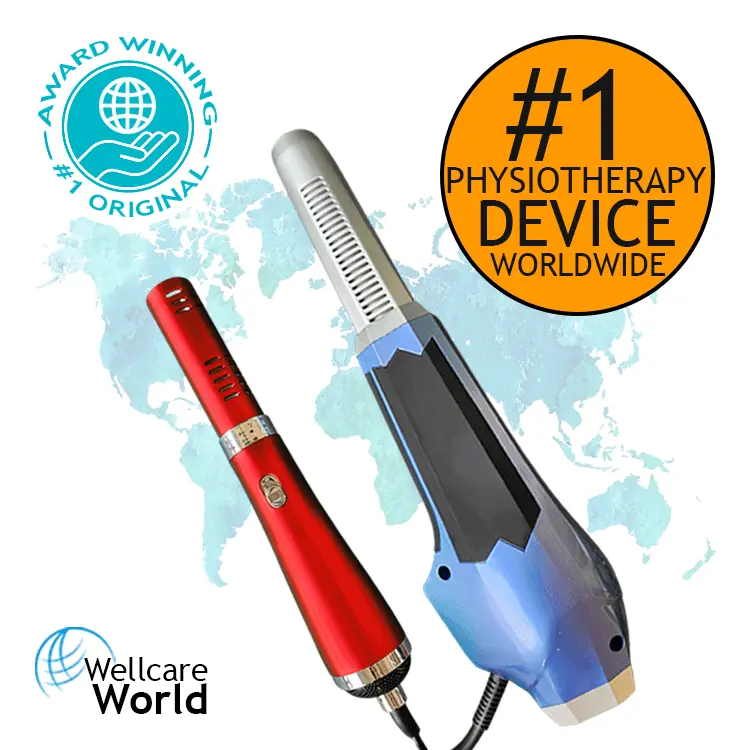Mental health disorders affect millions of people worldwide, and the need for effective and safe treatments is crucial. Currently, the standard treatments for mental health issues include medications, psychotherapy, and other interventions. However, the use of Terahertz (THz) technology is being explored as a possible complementary approach in treating these conditions. This article will explore the potential role of THz technology in treating mental health issues, particularly in relation to brain inflammation.
The Basics of Terahertz Technology
THz waves are electromagnetic waves that fall between the microwave and infrared regions of the electromagnetic spectrum. THz waves have the unique property of being able to penetrate materials that are typically opaque to visible light. This property has made THz waves useful in a variety of fields, including spectroscopy, imaging, and communication.
In recent years, THz waves have also been explored for their potential use in medicine. Research has shown that THz waves can penetrate biological tissues, making them a promising tool for non-invasive medical imaging and diagnosis. Additionally, THz waves have been shown to interact with biomolecules, including proteins and nucleic acids, indicating their potential use in therapeutic applications.
The Role of Inflammation in Mental Health Issues
Inflammation is a natural immune response to infection or injury, and it is essential for healing. However, chronic inflammation can lead to tissue damage and has been linked to a variety of physical and mental health conditions. Recent research has shown that chronic inflammation may also play a role in the development of mental health disorders such as depression, anxiety, and schizophrenia.
Inflammation in the brain, also known as neuroinflammation, is thought to contribute to the development and progression of mental health disorders. Neuroinflammation can occur due to various factors, including infection, injury, and chronic stress. This inflammation can lead to the production of cytokines, which are proteins that promote inflammation and can have detrimental effects on brain function.
THz waves have been shown to interact with biomolecules, including proteins and nucleic acids, suggesting their potential use in therapeutic applications. Recent research has explored the potential of THz waves in treating inflammation-related mental health issues.
One study conducted in rats showed that THz waves can reduce inflammation in the brain by decreasing the production of cytokines. The study found that exposure to THz waves reduced the levels of pro-inflammatory cytokines and increased the levels of anti-inflammatory cytokines in the brain, suggesting that THz waves may have a beneficial effect on neuroinflammation.
Another study conducted in mice showed that THz waves can improve cognitive function in mice with neuroinflammation. The study found that exposure to THz waves improved the spatial learning and memory of mice with neuroinflammation, suggesting that THz waves may have a positive effect on brain function.
While these studies are promising, it is important to note that they are still in the early stages of research. Further studies are needed to confirm these findings and to explore the potential of THz waves in treating inflammation-related mental health issues in humans.
The Limitations of Terahertz Technology in Mental Health Treatment
While THz waves show promise as a possible therapeutic tool in treating mental health disorders, there are limitations to their use. One limitation is the lack of understanding of the mechanism by which THz waves affect brain function. The interaction between THz waves and biomolecules in the brain is poorly understood, making it difficult to develop targeted therapeutic approaches.
Another limitation is the potential for adverse effects. While THz waves have been shown to be safe in short-term studies, their long-term effects on the brain and other organs are still unknown. Additionally, the effects of THz waves may vary depending on the frequency, intensity, and duration of exposure.
There is also a lack of standardized protocols for the use of THz waves in medical applications. Without standardized protocols, it is difficult to compare results between studies and to determine the optimal parameters for therapeutic use.
It is important to note that THz technology is not currently accepted as a standard therapy for mental health disorders. While the potential for THz waves to be used as a therapeutic tool in the future is promising, individuals with mental health issues should always seek the opinion of a trained healthcare provider.
Mental health disorders are complex and can have multiple causes, including genetic, environmental, and social factors. Treatment for mental health disorders often requires a multidisciplinary approach, which may include medication, psychotherapy, and other interventions.
If you are struggling with a mental health disorder, it is important to seek professional help. Mental health professionals, such as psychiatrists, psychologists, and licensed therapists, can provide a thorough assessment and develop a personalized treatment plan that meets your individual needs.
Conclusion
In conclusion, THz technology shows promise as a possible therapeutic tool in treating mental health disorders, particularly those related to inflammation in the brain. However, further research is needed to confirm these findings and to develop targeted therapeutic approaches.
It is important to note that THz technology is not currently accepted as a standard therapy for mental health disorders. Individuals with mental health issues should always seek the opinion of a trained healthcare provider and follow their recommended treatment plan.
The development of safe and effective treatments for mental health disorders is crucial, and the potential of THz technology in this area is an exciting area of research. With continued research and collaboration between experts in various fields, THz technology may one day be a valuable addition to the arsenal of tools available for treating mental health issues.








